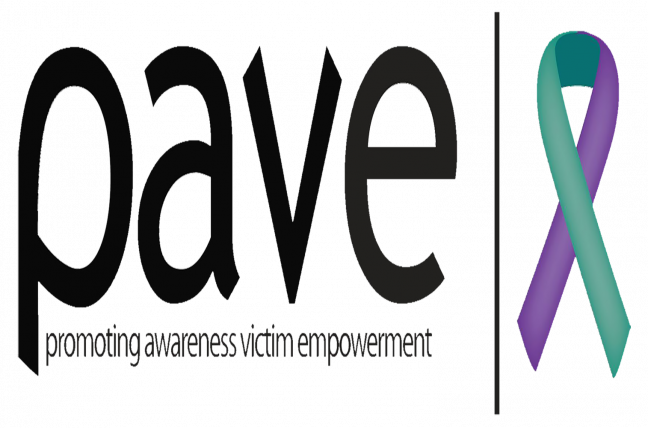[The following is sponsored letter. Trigger Warning: Contains descriptions of stalking and stalking behaviors]
I am going to start by asking you a question with one right answer. What is the similarity between the Netflix docuseries Night Stalker: Hunt for a Serial Killer and the song “Paparazzi” by Lady Gaga? If you said they both normalize our society’s obsession with stalking and stalking behaviors, you were right. However, before we can have a real conversation on how stalking has spread into many parts of popular culture we must first define and acknowledge the harmfulness of stalking.
What is stalking? This is a question I have heard answered in many ways. “It’s harmless”;“It’s a creepy dude in a hoodie”; “It’s that thing people do to their friends on Instagram”. Let’s start with the definition so we’re all on the same page. Stalking is a pattern of behavior targeted at a specific person that would cause a reasonable person to feel fear. Fear is central to our definition. Stalking may be more harmful than you imagine.
Before we get into behaviors that constitute stalking, we must acknowledge that this topic may be difficult and potentially triggering to read, so please take a brief pause and check in on yourself before you proceed.
The importance of centering our conversation around fear is that it is subjective and can make the behaviors of stalking hard to define. Importantly, this fear induced by stalking can only be defined by the person experiencing the behavior. Now that we have come to a consensus on the definition of stalking let’s start thinking about stalking behaviors.
In the era of COVID-19, stalking behaviors may have shifted to more covert behaviors that utilized social media as a vehicle for a perpetrator to access a person. This includes hacking into your social media like Instagram, Twitter, or Facebook and pretending to you. This includes commenting excessively on social media posts, taking unwanted screenshots, “keeping tabs” on someone’s social media activity and spreading rumors. The key component of these behaviors is to strike fear into a person and attempt to gain control over their life. It is important to consider overt stalking behavior as well. Overt behavior could be showing up at the grocery store consistently at the same time as a person. It could also be showing up at the bar at the same time as a person. It is important to understand that in these cases these behaviors are not occurring “by accident” or “coincidently”, they are calculated and repeat behaviors. I use the two phrases in quotes purposely because these can be phrases used by stalkers to downplay their harmful behaviors and to gaslight people they stalk. These phrases are used to engage in the extremely harmful action of victim-blaming that can make people feel alone and not heard.
Using our shared knowledge of stalking and stalking behaviors, we can start to consume our media with a more informed lens and think about how we interact with one another. We can be critical of our society’s romanticization of stalking and normalization of stalking in our everyday language. We can be more accurate with our language by saying things like, “I perused your Insta, yesterday, and you have done some cool stuff rather than “I stalked your Insta, yesterday, and you have done some cool stuff.” As informed friends, we can help our friends understand that stuff they might be thinking of doing could be harmful and stalking behavior. Saying things like, “If they had gone through all your social media feeds, how would you feel?” and other ways to make sure our friends are not perpetuating toxic, harmful behaviors.
At PAVE, we believe you, we see you, and we support you. You are not alone. We encourage people to adopt our mantra and support survivors of violence. Join our movement to make our campus safer and create a world that confronts violence and take actions every day to accomplish a world that celebrates pleasure so enthusiastically that it is incompatible with violence.
In Power,
Promoting Awareness | Victim Empowerment (PAVE)
—————————————————————–To join our welcoming community at PAVE and help us in our movement to reshape campus:
- Sign up here:
- Request our 15-minute workshop on Stalking for your Student Org:
If you are experiencing violence, in imminent danger or fear of harm call 911. If you are not in imminent danger or fear of harm and need resources you can visit:
- https://www.uhs.wisc.edu/survivor-services/stalking/
- UHS Survivor services is a confidential resource for all UW-Madison students and will believe you and support you.
- https://www.stalkingawareness.org/what-to-do-if-you-are-being-stalked/
- This online resource is a place to educate yourself further on stalking and what to do if you or a friend is experiencing stalking.















